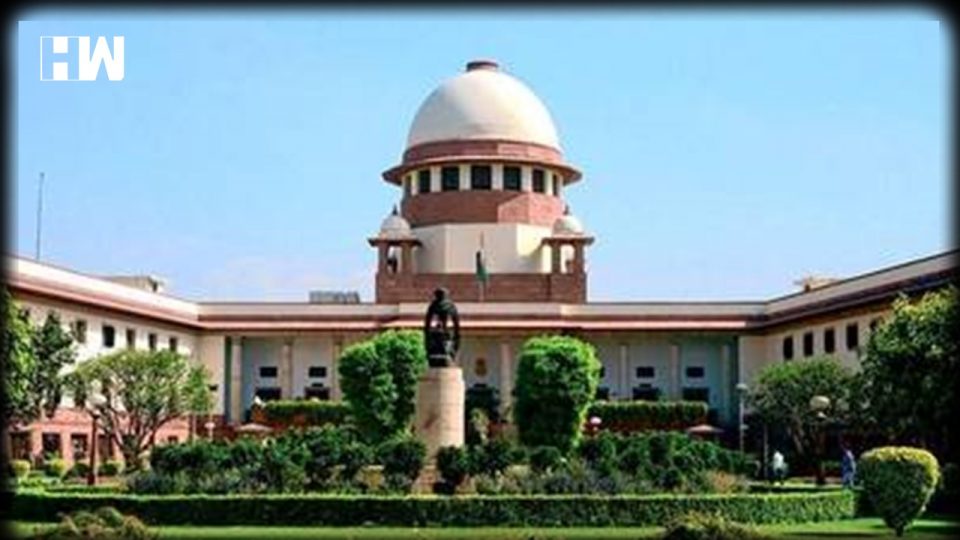The Supreme Court has agreed to hear a PIL filed by senior journalists seeking an independent probe into the Pegasus issue.
The Supreme Court has agreed to hear a petition seeking a probe by a sitting or a retired judge into the Pegasus spyware controversy. A bench headed by Chief Justice N V Ramana took note of the submissions of senior lawyer Kapil Sibal that the petition has been filed and needed to be heard in view of the large consequences of the alleged snooping.
The petition filed in the SC on July 27 sought an independent probe by its sitting or retired judge into the reports of alleged snooping by government agencies on prominent politicians, citizens and journalists by using Israeli spyware Pegasus.
The PIL has also sought a direction to the Centre to disclose if the government or any of its agencies obtained a license for Pegasus spyware and used it, either directly or indirectly, to conduct surveillance in any manner.
“The targeted surveillance using military-grade spyware is an unacceptable violation of the right to privacy which has been held to be a fundamental right under Articles 14 (equality before the law), 19 (freedom of speech and expression) and 21 (protection of life and personal liberty) by the Supreme Court,” it added.
Also read: Senior Journalists Move SC Seeking Probe In Pegasus Row
The top court said that, the targeted hacking of phones “seriously compromises” the effective exercise of the fundamental right to free speech and expression under Article 19(1)(a) of the Constitution.
It has an obvious chilling effect on expression by threatening invasion into the most core and private aspects of a person’s life, it claimed.
It claimed that the hack occasioned by the Pegasus spyware constituted a criminal offence punishable under interalia Section 66 (computer related offences), 66B (punishment for dishonestly receiving stolen computer resource or communication device), 66E (punishment for violation of privacy) and 66F (punishment for cyberterrorism) of the IT Act, punishable with imprisonment and/or fine.
“The attack prima facie constitutes an act of cyber-terrorism that has several grave political and security ramifications, especially considering that the devices of government ministers, senior political figures and constitutional functionaries which may contain sensitive information have been targeted,” it added.
The entire issue of the snooping software erupted when an international media consortium reported that over 300 verified mobile phone numbers in India could have been targeted for hacking through spyware.
However, the government has denied the allegations and said that illegal surveillance was not possible with checks and balances in the country’s laws. They also alleged that attempts were being made to malign the Indian democracy.
The Supreme Court will hear the petition on Pegasus row next week.
As an independent media platform, we do not take advertisements from governments and corporate houses. It is you, our readers, who have supported us on our journey to do honest and unbiased journalism. Please contribute, so that we can continue to do the same in future.

